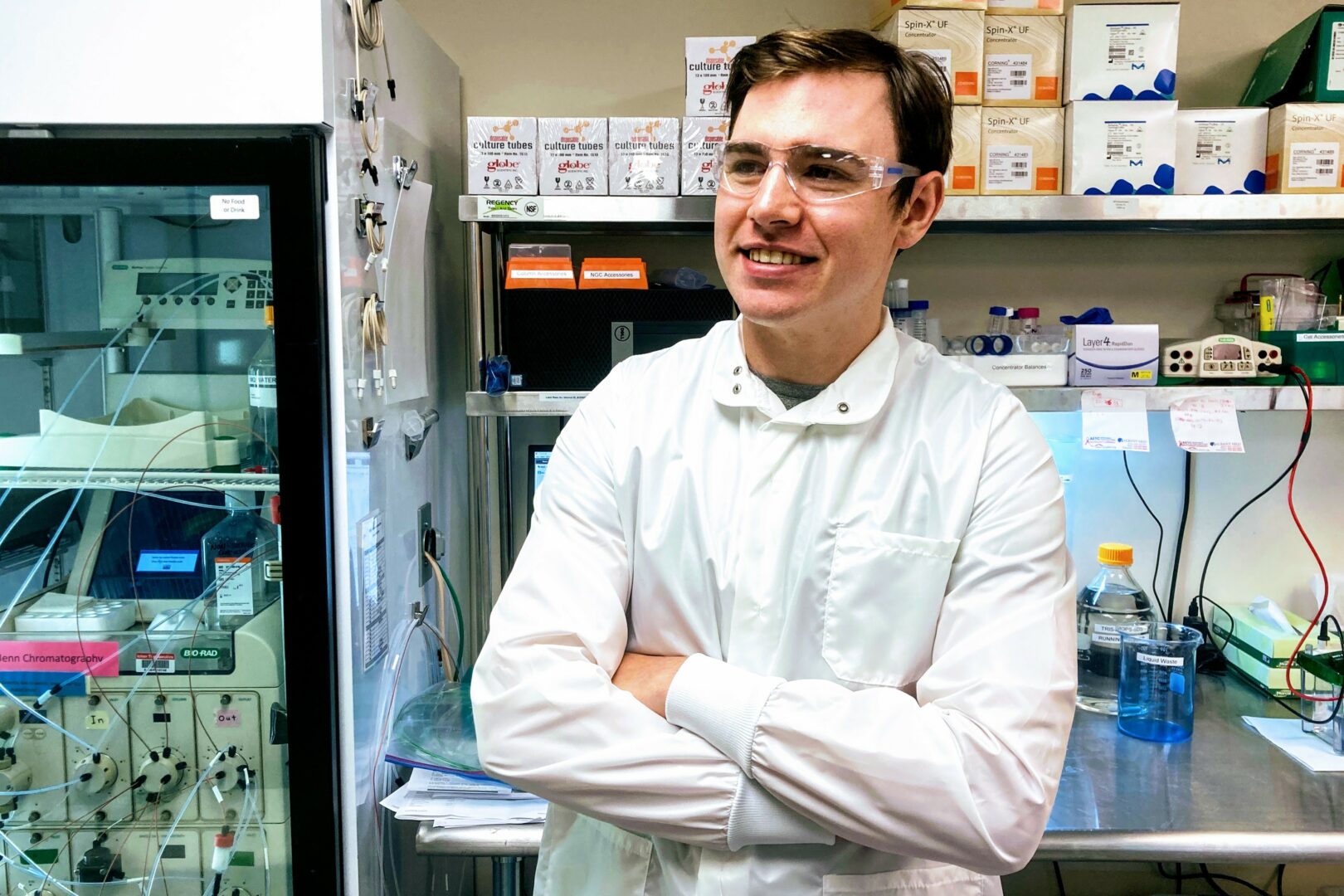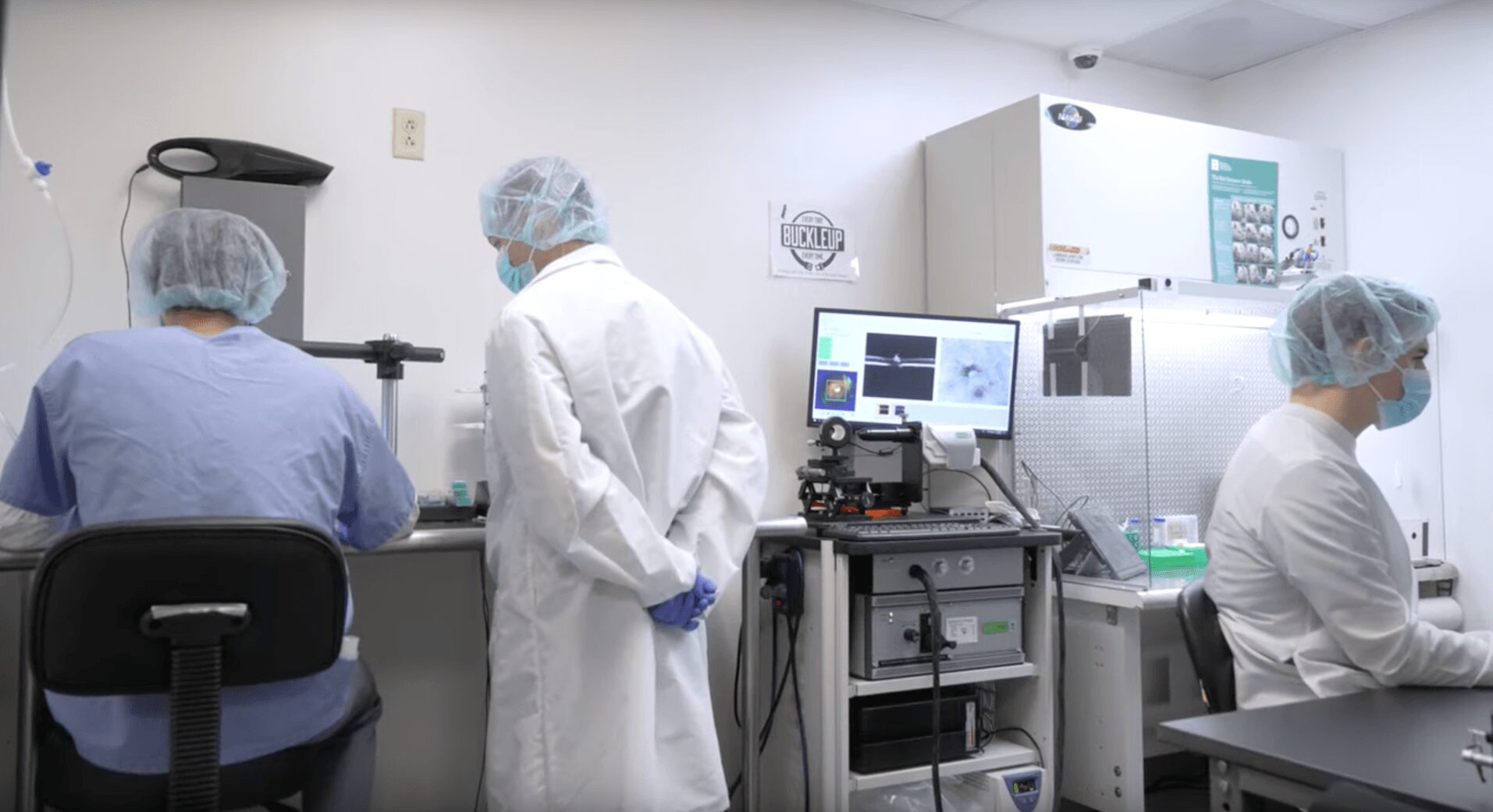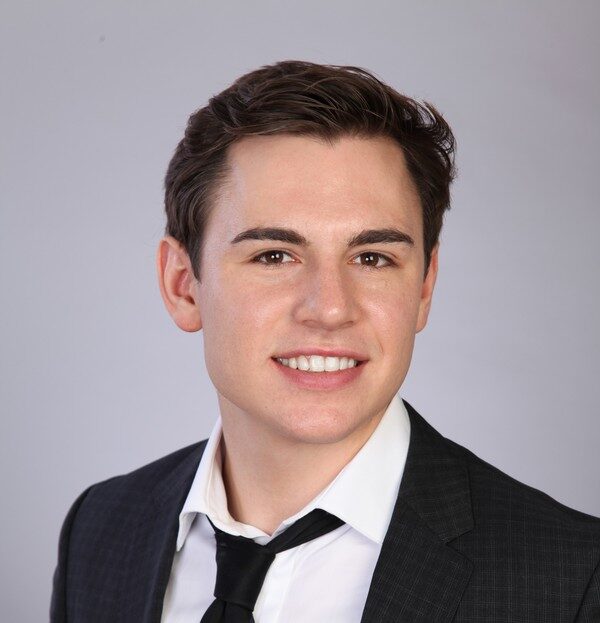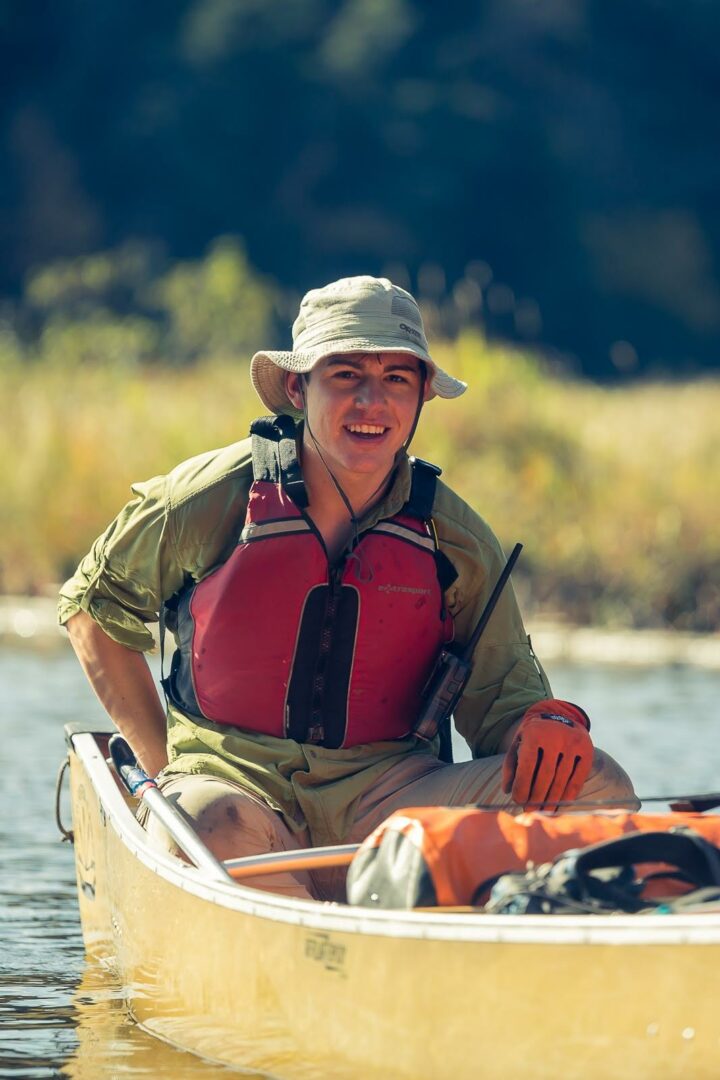Alright – so today we’ve got the honor of introducing you to Kris Barnes. We think you’ll enjoy our conversation, we’ve shared it below.
Hi Kris, appreciate you sitting with us today to share your wisdom with our readers. So, let’s start with resilience – where do you get your resilience from?
Working as CEO of a biotech startup takes several different types of resilience, some unique to the drug development industry, some more generally applicable to startup life. From day one at Lento Bio I made sure to prioritize regularly reassessing and actively nurturing the factors that lead to resilience as I consider it particularly critical to success, as founder burnout in its many forms is among the most common unspoken reasons a startup can fail.
The most obvious form of resilience inherent in the job is simply continuing to do the day to day work even when it gets tough and/or the hours get long. While the day to day work is certainly different the general principle is shared across startups. For me this is relatively easy as I simply love science and new challenges in general.
Another type of resilience which is much harder is dealing with uncertainty, particularly in the life sciences as biology can be a black box. Iteration cycles are often longer than in other engineering fields as you can’t simply change a few lines of code and re-run. On a macro-scale this increases uncertainty, where a poor approach can lead people to imposter syndrome and a sense of hopelessness. Thus in order to succeed it is necessary to develop a successful approach and outlook which can mitigate and account for
The most critical period for dealing with uncertainty was in my PhD program (surprise!). I was working on neurodevelopment in nematodes (a common model system for this sub-field) and had no luck on multiple reverse genetic screens I had run. However, I did have one strong lead that I was pursuing independently, where the science was very interesting and impactful but the questions were very open-ended. It was getting late in my PhD and I knew I needed to finish up my paper soon come what may, but increasingly struggled to stay focused on the remaining questions and found myself without a long-term plan other than “just finish it man”.
Then, one day it all hit me in the head. No, not an idea. A literal log, part of a low-hanging roof that I accidentally walked into. While it didn’t look overly dramatic, it left me with a concussion and what turned out to be over 6 months of post-concussion syndrome (PCS). If you don’t know what post concussion syndrome is, let me tell you…no one does. It is a poorly understood period after a concussion that happens in 10% of cases (sometimes after initial concussions that are not even particularly bad) where everything in your brain is simply wrong. Light sensitivity, noise sensitivity, chronic pain and stiffness, migraines, more migraines, and more than anything else an extreme lack of mental energy. The treatment prescribed to me by one of NYC’s best brain injury specializing neurologists was…magnesium, riboflavin, and acupuncture. That is simply the extent of the standard of care. It also didn’t help that I was living alone in a dim NYC apartment as my wife had just started her postdoc elsewhere, and I had to finish my PhD before we could end the long-distance.
Worst of all, you simply look normal to everyone else – no one else who hasn’t had post-concussion syndrome can relate to you at all, and you have no idea when it will end. For some it is weeks, others it is months, and sadly for others it can legitimately last years.
In that state, I had to finish the most critical part of my PhD. I couldn’t simply defer things. It had to be done. But suddenly because of my PCS I was unable to feel the weight of any successes, and each failure felt like a drop in the ocean. Until one day, I understood at a deeper level the truth of my PhD situation. If each failure felt like a drop in the ocean, why should I react to it at all? There is an ocean, I am clearly already swimming, nothing has changed. My PCS-induced mental indifference turned to an indifference to indifference, and suddenly I was resilient to the problem at hand. I simply started writing my paper, doing the experiments, no attachment to the outcome.
This was in spring and summer of 2019. Flash-forward to May 2020 and I defended my thesis, graduated in June, and finally got my paper accepted post-revisions in September, and moved in with my wife in October. Becoming resilient in the face of uncertainty and periodic failure, though, seemed to have stuck. And gradually as my post-concussion issues fully wore off the highs that you get with little successes became more prominent again as well.
I think getting one’s PhD can be derided for being an unfulfilling and isolating struggle (often by those who have completed them). However I don’t really think I could have prepared better for life as a founder, where things like scientific strategy and fundraising require a thick skin and a solid and consistently updated de-risking plan, than through having had this experience in my PhD.

Thanks for sharing that. So, before we get any further into our conversation, can you tell our readers a bit about yourself and what you’re working on?
I am CEO of Lento Bio, a company I founded in 2022 to leverage the science behind biological aging of structural proteins in order to treat presbyopia (age-related loss of near vision) and other related disorders. Presbyopia is a near universally occurring aging condition – arguably the first diagnose-able aging disorder to hit most people, happening between age 40-50. It’s recognizable as the reason people need reading glasses, and is caused by stiffening of the eyes lens. While there is an emerging interest in eyedrops to treat presbyopia of which 2 are approved at the time of writing this, somehow almost no one else is trying to develop a therapy which actually restores flexibility of the lens, with the most common approach currently in development being a temporary and indirect solution.
I’ve long been interested in treating aging disorders, as they are collectively by cost and numbers the greatest cause of human suffering. They are the largest cost-driver in our overburdened healthcare system. But to me the most important thing was to have an actionable and targeted approach to make a difference in this area – which inspired me to found Lento Bio to target and treat presbyopia, an aging disorder affecting literally billions for which I believe there is a tractable approach to treatment. Particularly essential, in my opinion, is that treatments being built actually rejuvenate tissue where possible, as that can allow for both a more natural and optimum outcome as well as potentially the ability to discontinue treatment once the tissue functions optimally again. Thus we are doing exactly that, rejuvenating the lens to restore its flexibility and function.
Fast forward 2.5 years into Lento Bio’s operations and, while we are waiting to reveal a number of the specific details about our science publicly for now, we have made major inroads with our approach to presbyopia treatment.

If you had to pick three qualities that are most important to develop, which three would you say matter most?
In no particular order:
1) First principles thinking – In life sciences and therapeutic development, complexity is high so it can seem the most straightforward to follow a cookie cutter path forward. But being able to work backwards starting at the question of “what is an ideal solution to this problem” and then identifying the principles that define that is critical to go zero-to-one.
2) Active Learning – Einstein told us imagination is more critical than knowledge, but the truth is that both are important. There are so many points both during my PhD and as a founder where I realized that doing my diligence beforehand exposed me to a fact which allowed me to advance forward or saved me from a huge struggle.
3) Taking care of your health – So many opinions on health exist that in order to decipher which ones are valuable and which ones are useless, you simply need to know both how your body and ideally your brain work. Taking good care of your body and mind really truly does make you more productive.

To close, maybe we can chat about your parents and what they did that was particularly impactful for you?
My parents did a lot of impactful things for me, but one little one that I always think back to is that my mom used to do a game with me where she would draw a few simple shapes on a sheet of paper and I would have to draw something big and complex and awesome starting from that shape. I always loved that game. The idea that you start with a narrow view of something simple and then you build something complex off of it, basically envisioning the entirety of this thing into existence, felt like it must have gone a long way towards building some of the neural pathways needed to build new things as an adult.
Contact Info:
- Website: https://krisbarnes.substack.com/
- Linkedin: https://www.linkedin.com/in/kris-barnes-phd-7912a734/
- Twitter: @KrisMBarnes
so if you or someone you know deserves recognition please let us know here.




